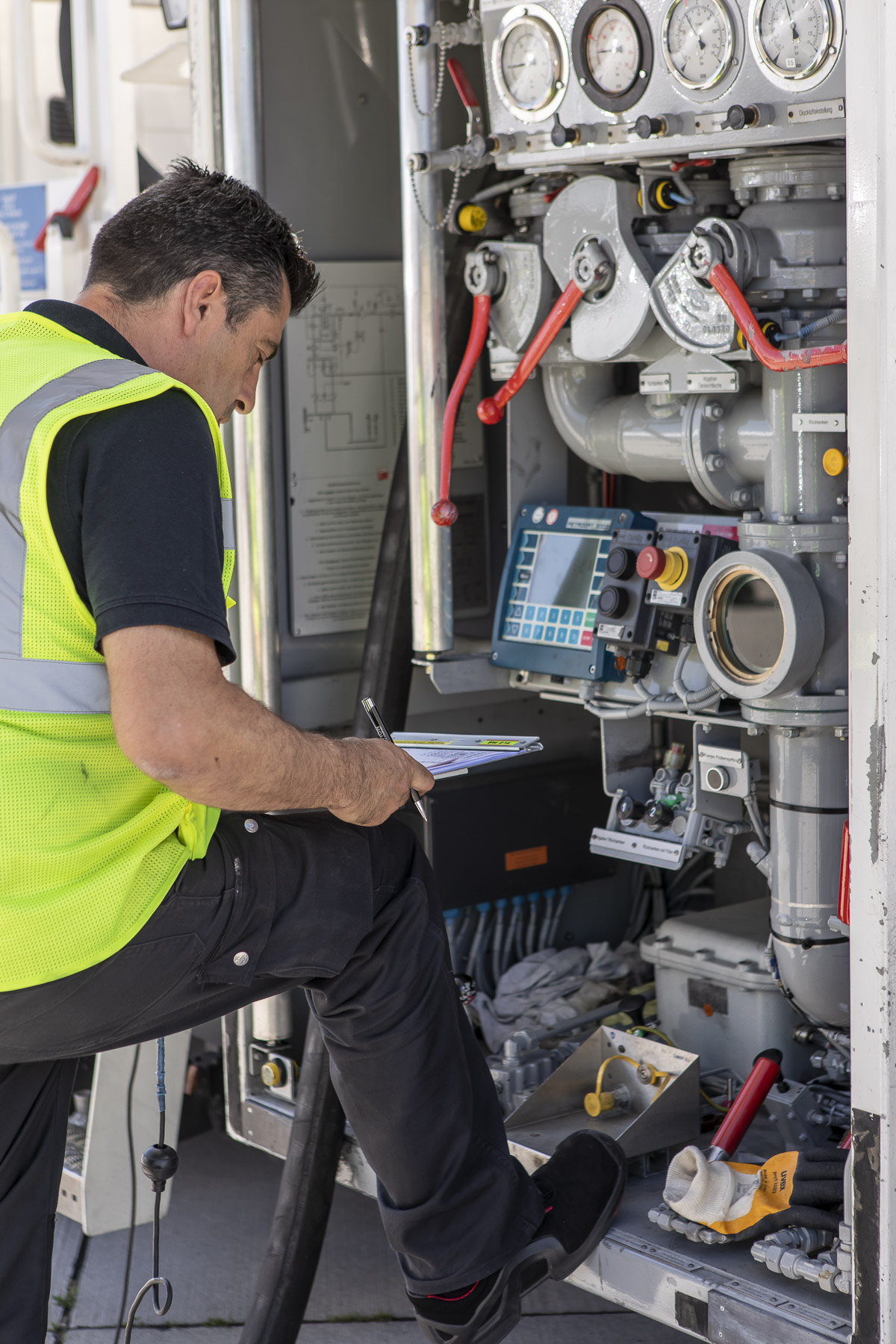EBACE2022: Looking at the Future of Business Aviation

25 May, 2022
There’s no doubt that developments in sustainability, new technologies and evolving regulations will reshape the industry, and a session at the 2022 European Business Aviation Convention & Exhibition (EBACE2022) examined what business aviation could look like in years to come.
Sustainability
“In order for [sustainable aviation fuel] to reach critical mass, unfortunately we are going to be reliant on government and air carriers to push that through the regulatory perspective,” predicted Dawit Lemma, founder and CEO of aviation services company Dewit Lemma. “When that happens…it will reduce the cost of SAF.”
The numbers need to make sense for business, and airlines will drive the critical mass, he added. “At the end of the day, everyone wants to do good. There has to be an integrated approach.”
Even when SAF is not available, other steps can be taken to reduce emissions, said Nick Houseman, co-owner of ElitAvia, one of Europe’s largest mixed fleet business aircraft operators. Operators can start simply by measuring emissions and planning routes carefully, so planes aren’t flying without passengers.
From an MRO point of view, Waleed K. Muhiddin, director business development and marketing at AMAC Aerospace, said his company works with suppliers to use recycled materials and natural materials for aircraft interiors.
UAS International Trip Support Executive President Mohammed Al Husary said his organization announced it will no longer charge fuel handling fees for those using SAF, but acknowledged it is not widely available.
New Technology
Al Husary told the audience that UAS’ recently announced flight planning platform and cost estimator contributes significantly to a cost-efficient OCC [dispatch hub]. Providing worldwide coverage, the tool can be fully tailored and optimized to operators’ requirements.
Speaking generally about new technology, Lemma said, “There is such a paradigm shift happening in what aviation is,” and it’s more than just eVTOL or electric propulsion. His company, he said, has set up a fund to invest in new technology, and is looking at different applications.
Workforce Development
 While investing in new technology and sustainable initiatives is important, even more important is investing in people – ensuring there is a future business aviation workforce – the panelists agreed.
While investing in new technology and sustainable initiatives is important, even more important is investing in people – ensuring there is a future business aviation workforce – the panelists agreed.
Muhiddin said his company often considers human factors when making decisions, especially during the pandemic where nurses were brought to the work site, employees were given test kits, and more.
Al Husary said he has a startup focusing on workforce wellbeing. Investing in people, he said, “will pay us much better and faster than investing elsewhere.”
“It’s a phenomenal idea,” said, Lemma, adding “We also have to look at the pipeline. You have to get these kids in early.”
He suggested companies start STEM, apprenticeship and other programs to attract young people to business aviation.
“Investing in the hardware is important,” he said. “Our human talent is the most important resource we have.”



